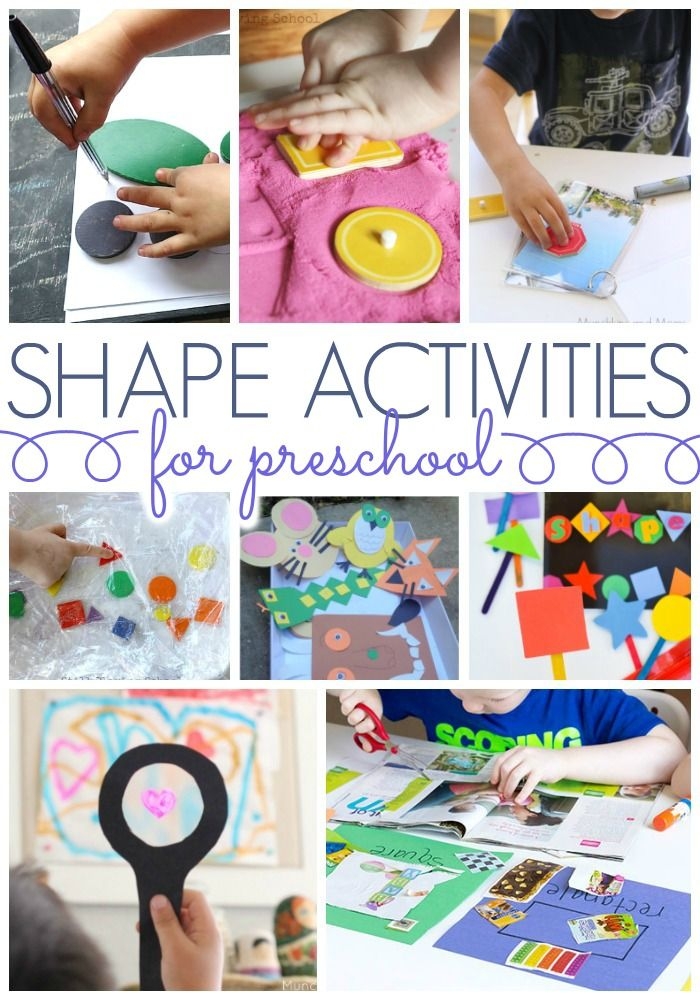Preschoolers are at an age where they are eager to learn and explore the world around them. One way to engage them in learning about shapes is through fun and interactive activities. By using printables, you can provide them with hands-on experiences that will help them understand the concept of shapes in a creative way.
Shapes are all around us, from the squares in buildings to the circles in wheels. Teaching preschoolers about shapes can help them develop their spatial awareness and problem-solving skills. With the help of printables, you can make learning about shapes exciting and engaging for young children.
Activities:
1. Shape Matching Game: Print out different shapes in various colors and sizes. Have the preschoolers match the shapes by placing them on the corresponding outline. This activity helps children recognize and distinguish between different shapes.
2. Shape Coloring Sheets: Provide preschoolers with coloring sheets that have different shapes outlined. Encourage them to color each shape with a specific color. This activity helps with color recognition and fine motor skills.
3. Shape Sorting: Print out a variety of shapes and have preschoolers sort them into different categories (e.g. circles, squares, triangles). This activity helps children categorize and classify objects based on their shapes.
4. Shape Hunt: Create a scavenger hunt where preschoolers have to find objects around the house that match specific shapes. Provide them with printable shape cards to help them identify the shapes they are looking for. This activity encourages children to observe their surroundings and apply their knowledge of shapes.
5. Build-a-Shape: Print out templates of different shapes and provide preschoolers with craft materials like paper, glue, and scissors. Have them cut out the shapes and use them to create their own shape collages. This activity promotes creativity and spatial reasoning skills.
Engaging preschoolers in shapes activities with printables can make learning fun and interactive. By incorporating hands-on experiences, children can develop a better understanding of shapes and enhance their cognitive abilities. These activities provide a solid foundation for future learning in math and geometry.
